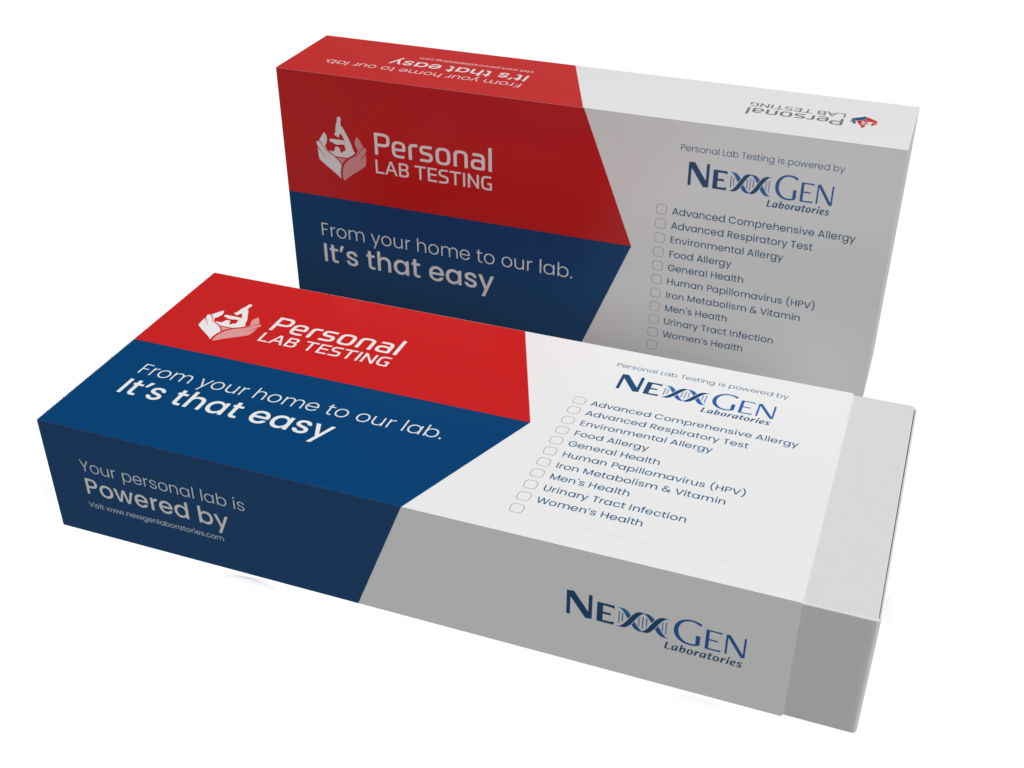Your Path to Wellness Is Our Goal
What we test in Sexual Wellness
Importance of Early Detection: Early detection of sexually transmitted infections (STIs) and HPV is essential for successful treatment and prevention of further transmission. Regular screenings allow you to make informed decisions about your health and well-being, promoting responsible sexual health practices.
HPV
The HPV (Human Papillomavirus) panel is an essential tool for detecting high-risk HPV strains that are associated with cervical cancer and other cancers like those of the throat, anus, and genitals. This test reveals if you've been exposed to one or more high-risk strains, allowing for timely intervention and management. Since HPV often has no symptoms but can lead to serious health issues, regular screening is a proactive way to safeguard your health. Including the HPV panel in your health checkup allows you to proactively monitor your sexual health and minimize the risk of HPV-related complications. This screening provides early detection, giving you peace of mind and supporting better long-term health outcomes.STI
The STI panel is a valuable test designed to screen for key sexually transmitted infections, helping you take control of your sexual health. This panel tests for common infections such as Chlamydia trachomatis, Neisseria gonorrhoeae (gonorrhea), Mycoplasma Hominis, Ureaplasma Parvum, Treponema Pallidum, Herpes Simplex Virus 1 and 2, Trichomonas Vaginalis, Gardnerella Vaginalis, Mycoplasma Genitalium and Hepatitis B Virus. Many STIs can be asymptomatic, making early detection crucial for preventing potential health complications and reducing the risk of transmission. Regular testing with the STI panel allows you to stay informed, seek timely treatment when necessary, and ensure overall well-being.Get Started with Your Home Test Kit
Shop Sexual Wellness Products
Explore our range of Sexual Wellness products and take control of your health today. Shop now for comprehensive at-home tests that prioritize your well-being.
$199.00

Sexually Transmitted Infection
This comprehensive at-home test screens for 11 common sexually transmitted infections, including Chlamydia, Gonorrhea, and Herpes.$225.00

Human Papillomavirus (HPV) Test
Our at-home lab test is designed to detect 14 high-risk genotypes of human papillomavirus (HPV), focusing on identifying HPV 16 and HPV 18.Preventive Measures for Sexual Infections
Self-Care and Prevention Tips
To stay healthy and prevent the spread of sexually transmitted infections (STIs) and HPV, it’s important to:
- Use protection, such as condoms, during sexual activity to reduce the risk of infection.
- Regularly screen for both STIs and HPV, as many infections can be asymptomatic but still pose serious risks.
- Get vaccinated against HPV to reduce the likelihood of infection and related complications.
- Maintain open communication with your partner about sexual health and get tested together.
- Support your immune system with a balanced diet, regular exercise, and adequate rest.
Taking these steps helps protect your well-being and ensures a healthy, responsible lifestyle.
Shop Sexual Wellness Tests




